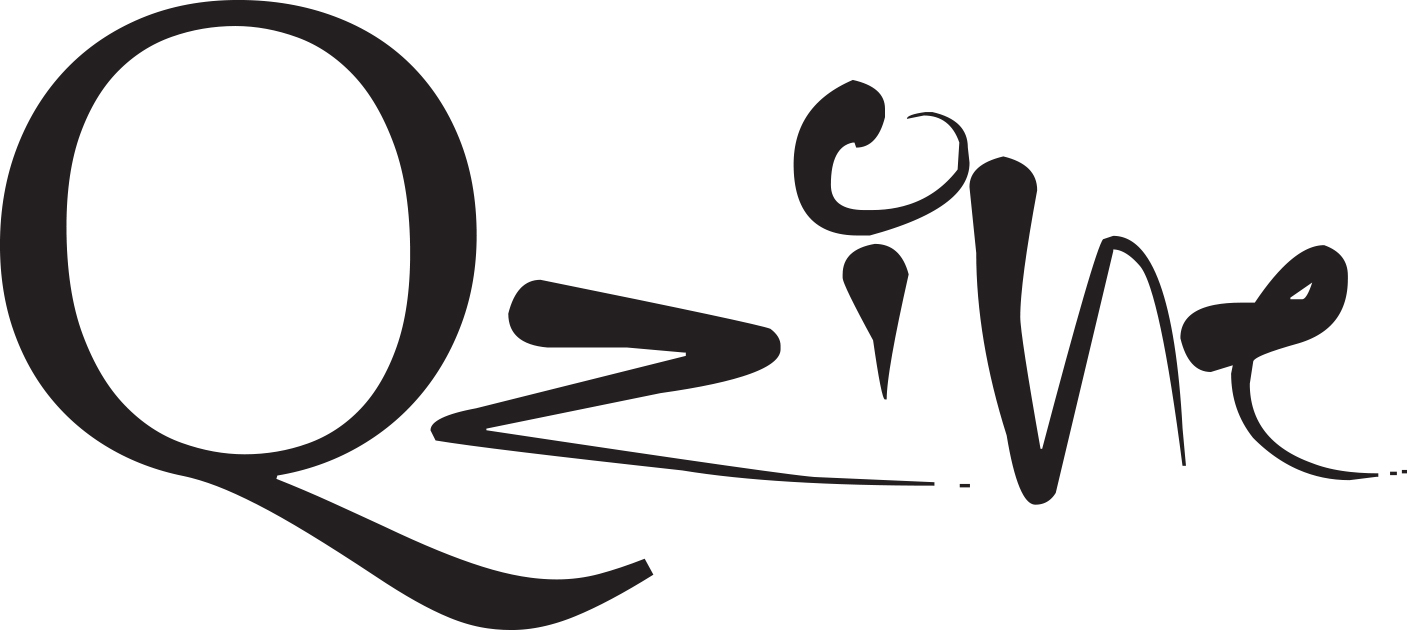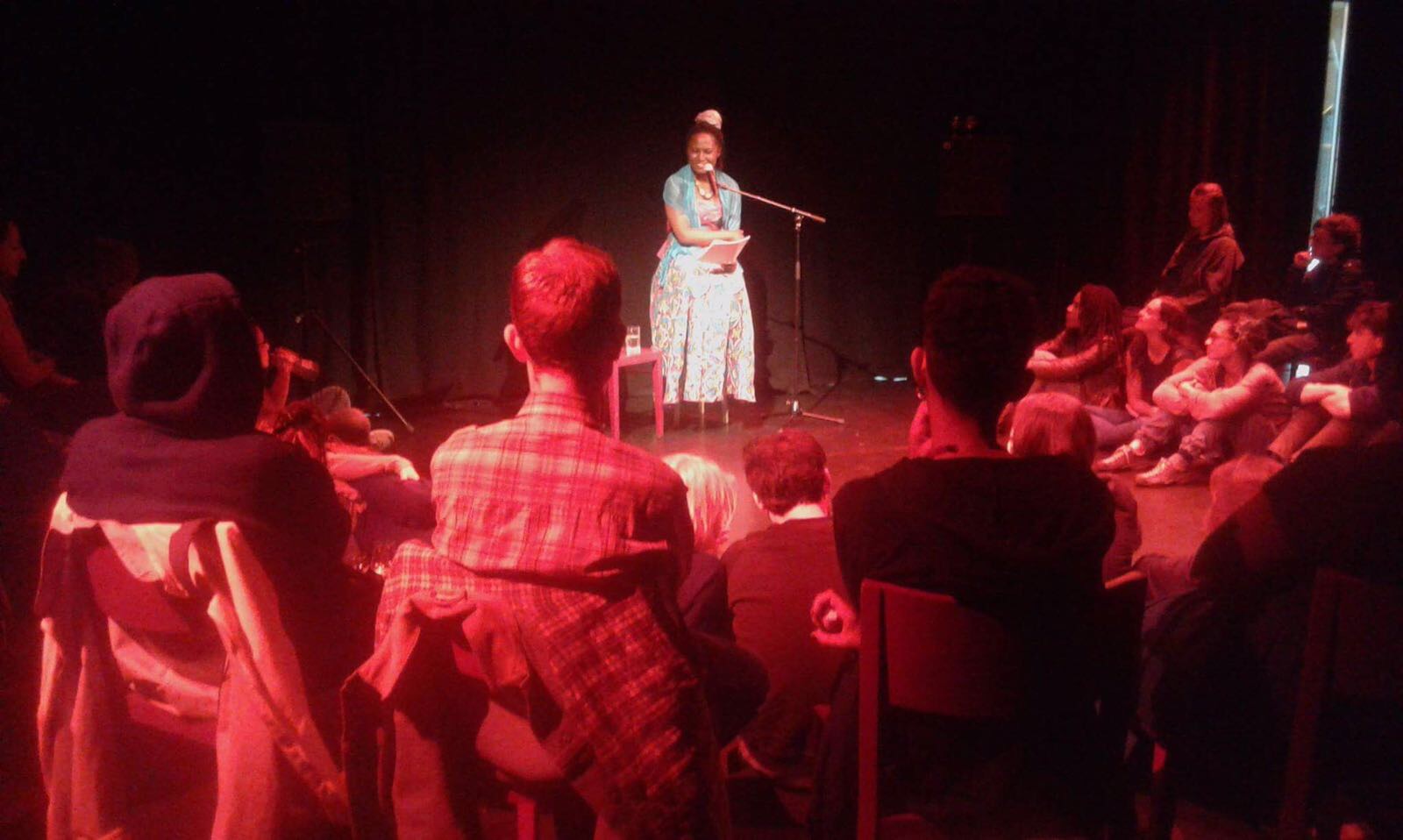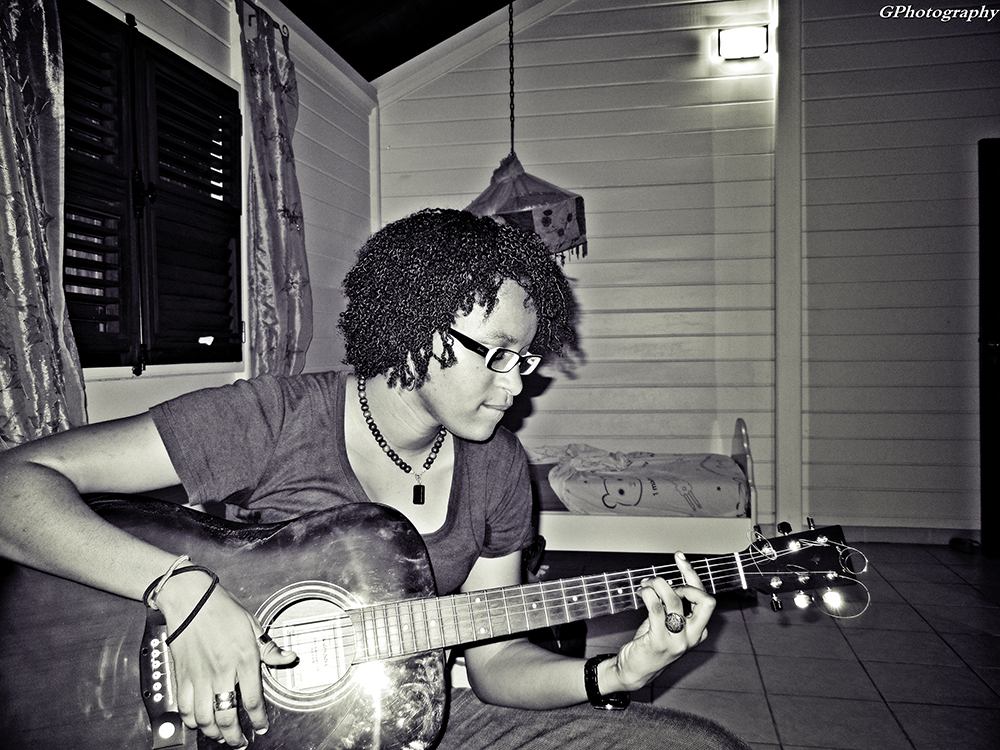Miss Diva: an artistic, cultural and political space for the trans* community in Togo
A conversation with Kyky Da’Silveira
Interview by Claire Ba. Photos by YTV Photography
Q-zine had the privilege to speak with Kyky Da’Silveira, the first winner of Miss Diva, a prestigious trans* beauty pageant in Togo. By welcoming us into her world, Kyky not only shares her experience of a space that is as cultural as it is political, but she also invites us to imagine a world in which the cultural and artistic expression of the LGBTQIA+ communities of Africa and the diaspora is free and celebrated.
What should we know about Kyky Da’Silveira ?
My name is Kyky, I am a Togolese human rights activist. I am the founder of Big Mama, an association that works for change in areas such as the criminalization of homosexual behavior and gender non-conformity, arbitrary arrests, discrimination, etc. We also fight against the non-recognition of transgender people, violence, restrictions on the right to freedom of expression and association, family rejection and stigmatization within communities.
In 2010, I participated in Miss Diva, the first trans beauty pageant in Togo and I became the very first winner of this prestigious event in the community. Since then, I have become a mentor for Miss Diva and for each edition, I support contestants during their preparation. I am also the artistic director of this event.
The first time I attended a fashion show, I was 6 or 7 years old. I remember the models, the lights, the excitement. So I can’t even imagine the atmosphere of the first edition of Miss Diva. How would you describe the atmosphere, the emotions that were present?
Beautiful! The first edition was truly special. The atmosphere backstage was rather serious but on stage there was a lot of emotion. We finally had a space of our own. That evening was both a beautiful show for spectators and an important challenge for the 14 contestants who came from all over the west African region. The contestants were beautiful, each more so than the one before her. Stylists, hairdressers, poets, dancers, technicians, all were present to play their part. Costumes, music, choreography, contemporary dance, we had everything! The various performances were a tribute to cultural diversity, unity and inclusion of all communities. It was truly a night of pride!
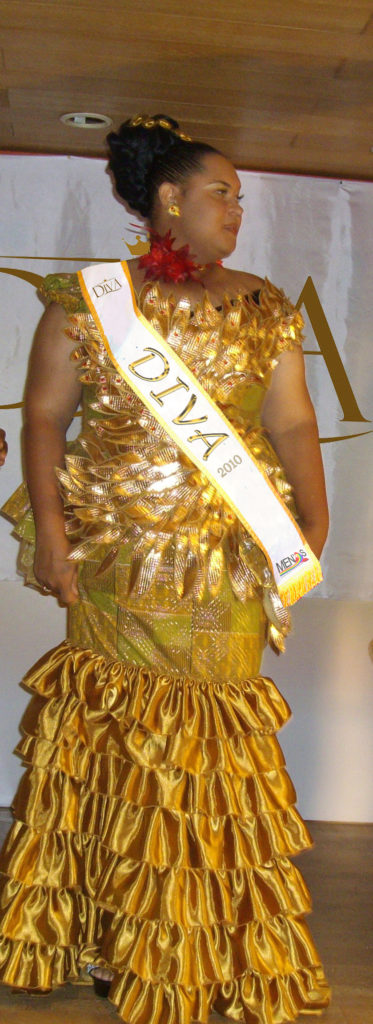
How does one prepare for an event like Miss Diva?
There was excitement until the very last second. Once the call for contestants was launched, the organization spent months running around so the competition could take place. We had to invent, readapt and above all, never give up. There were catwalk classes taught by the brilliant Gerard (may he rest in peace) who taught contestants how to strut and practice all sorts of poses. Quite an art! There were girls who had never walked in heels. We had to master choreographies, memorize speeches, and be ready for the general knowledge quiz. Rehearsal was intense [laughs]. Each contestant was graded on her punctuality, her etiquette, her spirit of comradeship and the way she carried herself. All of this was important because the young woman who would be elected would represent the entire community.
The organization Espoir Vie Togo would let us use its premises for rehearsal which could last for hours. And I don’t need to tell you how difficult it was for the organizers to gather funds and find a space that would accept hosting such an event. It was a real challenge.
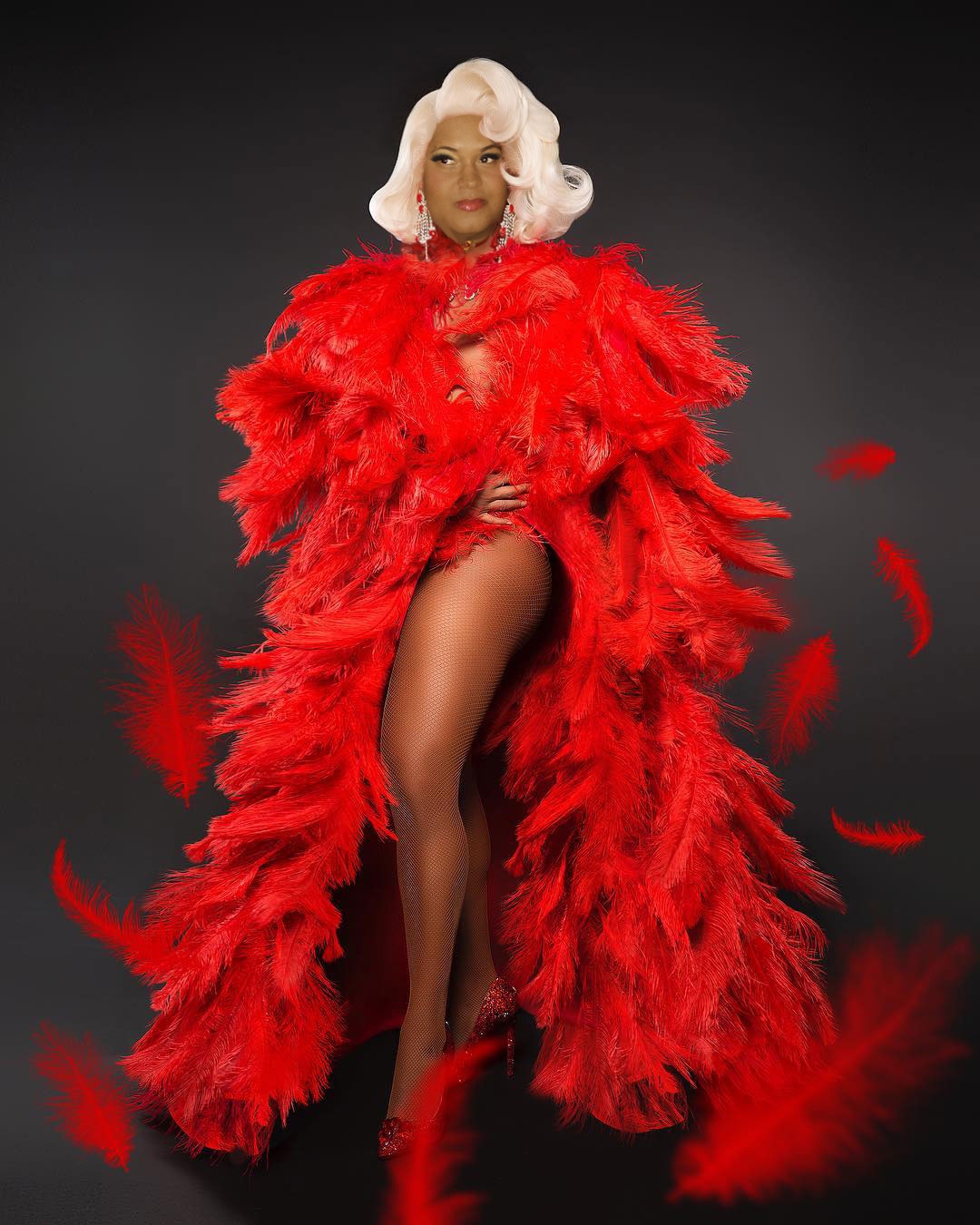
The creation of queer cultural spaces like this is important because it . . . contributes to the social and artistic recognition of members of our community.
What motivated the organization of this event? Who is behind it?
I would say that commitment, a desire to advocate for the social recognition of a group stigmatized by society were part of the motivations. It was a way to reach political objectives but it was also very symbolic. It was a way to build a cultural space far from prejudices and hostility; an affirmation of our identities; a space for self-esteem.
At the origin of this space is the organization Men’s which was headed at the time by a young ambitious and talented activist named Gerard who unfortunately left us too early. I’d like to take this opportunity to pay him tribute. I am sure he is proud of the work that we, activists of his generation, have been able to accomplish.
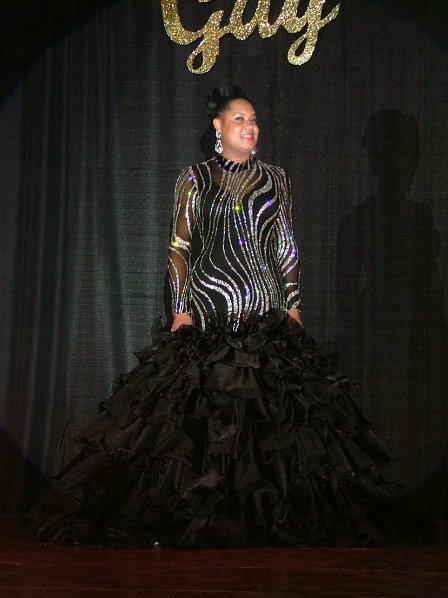
What impressed you the most during this experience?
The announcement of the results! Minutes before I was crowned, just as the president of the jury was about to announce me as the winner, the whole audience was chanting my number and the stage was quickly invaded by audience members who hoisted me up [laughs]. I will always remember this.
I gained a lot of maturity thanks to this experience. You meet so many people, people of all ages, people for whom I had become a role model. It was a valuable life experience. I can see how I have improved in certain aspects of my life and I also have a lot more self-confidence. This title definitely strengthened my activism.
How has Miss Diva influenced the creation of similar artistic and cultural spaces in the LGBTQIA+ community in Togo?
It is true that there are other similar cultural spaces in Togo, within the gay community for example. I can cite as examples fashion design, cooking, hair styling, and many other contests that are held within the community but these events are on a smaller scale. I think that to date, Miss Diva is the most anticipated and followed event in the community. I can’t say if the other spaces that have emerged since then have been influenced by Miss Diva exclusively, but they do exist, and thankfully so! The creation of queer cultural spaces like this is important because it brings together differences, opens people up to a plurality of identities, all the while contributing to the social and artistic recognition of members of our community. In order to acknowledge diversity within a society, we must first be willing to see and hear it, and we are determined to continue to make our voices heard. In 11 years, we are already at the 4th edition of Miss Diva and we can only hope that it will continue to grow.
Let’s talk about the future then. What are the perspectives for Miss Diva? What dreams and ambitions do you have for this event?
One of my personal ambitions for Miss Diva is that this contest be broadcast on TV one day and that it be acknowledged as any other artistic and cultural event in Togo. And why not give it a pan-African dimension?! My biggest dream would be that it becomes an annual event that brings together members of the community from all over Africa; that the contest takes place in a different country year after year. That would really be great! Of course, the current social context doesn’t allow for this yet and there is a lot of work to do before we can get to that level. But in the meantime, I’m holding onto this dream.
A last word for our readers?
Beloved, despite the pain, let’s not give up. Let us be strong. We are beautiful people, let’s not let anyone make us believe otherwise. Let’s not isolate ourselves. Let’s embrace our differences despite the glances; despite those who, without any legitimacy, do not accept who we are. And to homophobes, know that love always conquers!
